Civ 7: Redefining Leadership
- By Max
- Mar 12,2025
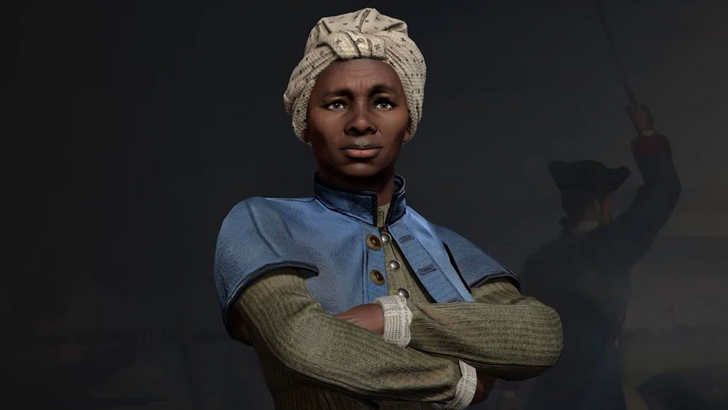
Civilization’s leaders are as iconic as the civilizations themselves. Firaxis' approach to selecting each nation's representative has evolved significantly over the years. Let's explore the evolution of Civilization VII's leader roster and how it redefines leadership.
← Return to Sid Meier's Civilization VII main article
Civ VII Redefines What it Means to Be a Leader
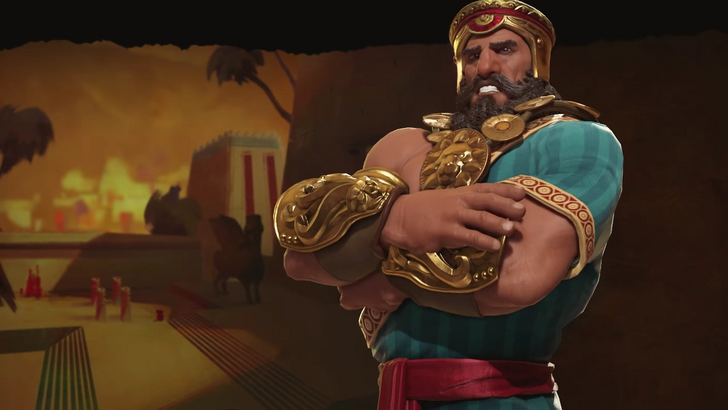
Civilization's leaders have been integral to the series' identity since the first game. Each leader forms the core of their civilization's identity, making them as crucial as the civilization itself. While their role remains constant, the representation of leaders has diversified and evolved with each installment, refining the concept of leadership and its impact on gameplay.
This exploration delves into Civilization's history, examining the evolution of its leader roster, the changes in each iteration, and how Civilization VII uniquely redefines leadership.
The Early Days: A Club of Superpowers
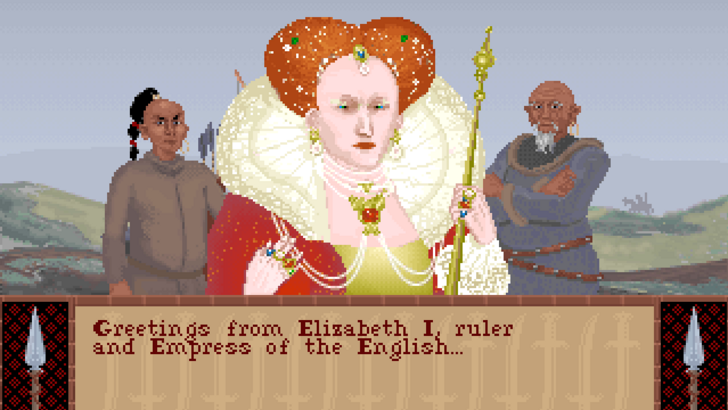
The original Civilization featured a relatively simple roster compared to later games. Most were established global superpowers of the early 1990s and antiquity. Exceptions were few.
With limited scope and technical capabilities, the game included just 15 civilizations, featuring nations like America, Rome, Greece, Japan, China, France, Egypt, and Russia. Leadership was straightforward—leaders were historical heads of state. The selection prioritized widely recognized figures.
This led to figures like Abraham Lincoln, Tokugawa Ieyasu, Mahatma Gandhi, and Julius Caesar, alongside more controversial choices like Mao Zedong and Joseph Stalin. Elizabeth I was the sole female leader. It was a direct approach, the most clear-cut the series has seen. While understandable for its time, Civilization's evolution brought significant changes.
Civ II Through V: Increasing Diversity and Creativity
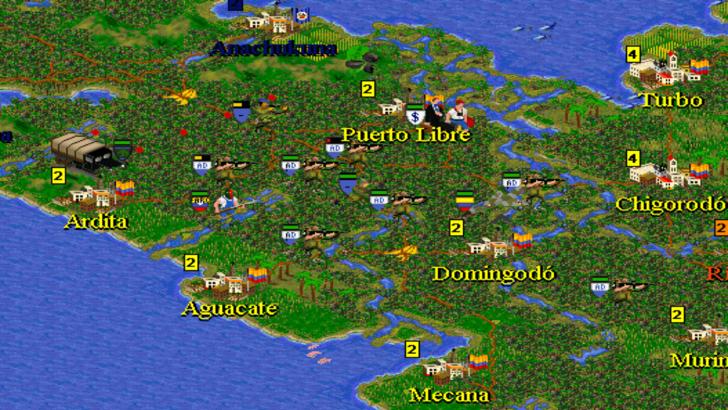
Civilization II expanded the leader roster and included civilizations beyond major powers, such as the Sioux. Significantly, it introduced a separate female leader roster, providing both male and female options for each civilization.
The definition of "leader" broadened. Figures pivotal to their civilization's identity, even if not heads of state, took center stage. Examples include Sacagawea for the Sioux and Amaterasu for Japan.
Civ III integrated more female leaders into the main roster (six in total), sometimes replacing historically dominant male counterparts. Joan of Arc replaced Napoleon for France, and Catherine the Great replaced Stalin for Russia.
Civ IV and Civ V significantly expanded the roster and redefined leadership. Leaders were no longer solely heads of state; revolutionaries, generals, reformists, and even consorts became common. Traditional figureheads were replaced or doubled, with examples including Wu Zetian replacing Mao Zedong for China and both Victoria I and Elizabeth I representing England. The focus shifted from solely the powerful and famous to a broader representation of humanity.
Civ VI: A Flourishing of Character and Creativity
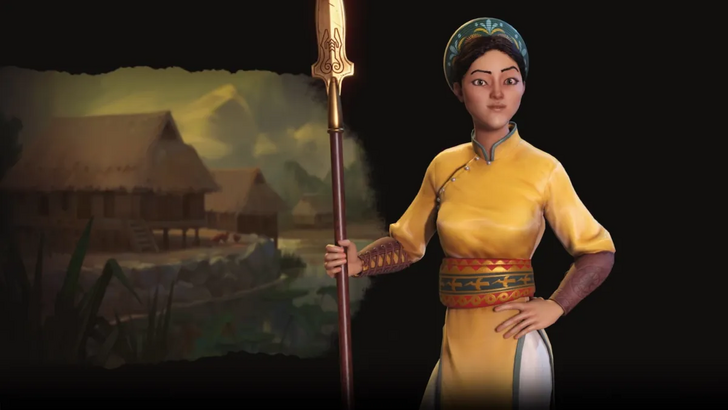
Civilization VI saw a flourishing of characterization, diversity, and creativity. Leaders became stylized animated caricatures. Leader Personas—alternative versions emphasizing different aspects of a leader's personality or rule—were introduced, offering diverse playstyles. Lesser-known figures from less prominent civilizations joined the roster.
Lautaro of the Mapuche, Bà Triệu of Vietnam, and Queen Gorgo of Sparta are notable examples. Leaders were no longer defined solely by their entire legacies, but by specific chapters of their lives, foreshadowing Civ VII's approach. Multiple leader options for single civilizations were introduced (e.g., America under Lincoln or Roosevelt, China under Qin Shi Huang, Wu Zetian, or Yongle). Leader Personas further enhanced diversity.
Civ VII: A Fresh Perspective on Leadership
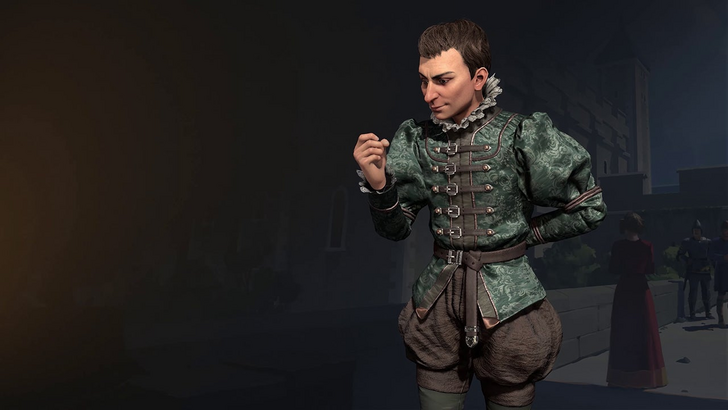
Civilization VII represents the culmination of Firaxis' evolving leader selection philosophy. It features the most diverse and creative roster yet, with unconventional leaders, multiple personas, and carefully curated selections tailored to different playstyles.
The mix-and-match approach to civilizations and leaders is key. Even lesser-known figures take center stage. Harriet Tubman, the American abolitionist, is a notable example, filling a unique spymaster role. Niccolò Machiavelli, despite not being a head of state, embodies the diplomatic style of his writings. José Rizal of the Philippines also joins, focusing on diplomacy and narrative events.
Over nearly 30 years, Civilization has transformed from a game about superpowers to a diverse representation of humanity's great minds. The definition of leadership has evolved, but its significance remains unchanged. Future installments may even include contemporary leaders, but for now, Civ VII's roster stands as a testament to this evolution.
← Return to Sid Meier's Civilization VII main article
Sid Meier's Civilization VII Similar Games

Latest News
more >-
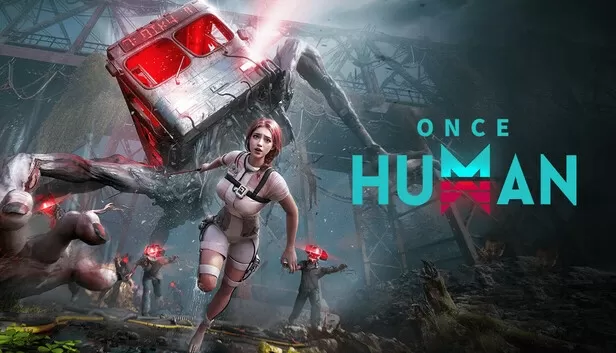
- Top Once Human Loadouts: PvE & PvP Gear Guide
- Nov 17,2025
-
- Daredevil: Born Again revives Netflix ties
- Nov 17,2025
-

-

- Donkey Kong Hits Switch 2 Soon
- Nov 16,2025
-
- 2025 Game Adaptations: Release Dates Unveiled
- Nov 16,2025



